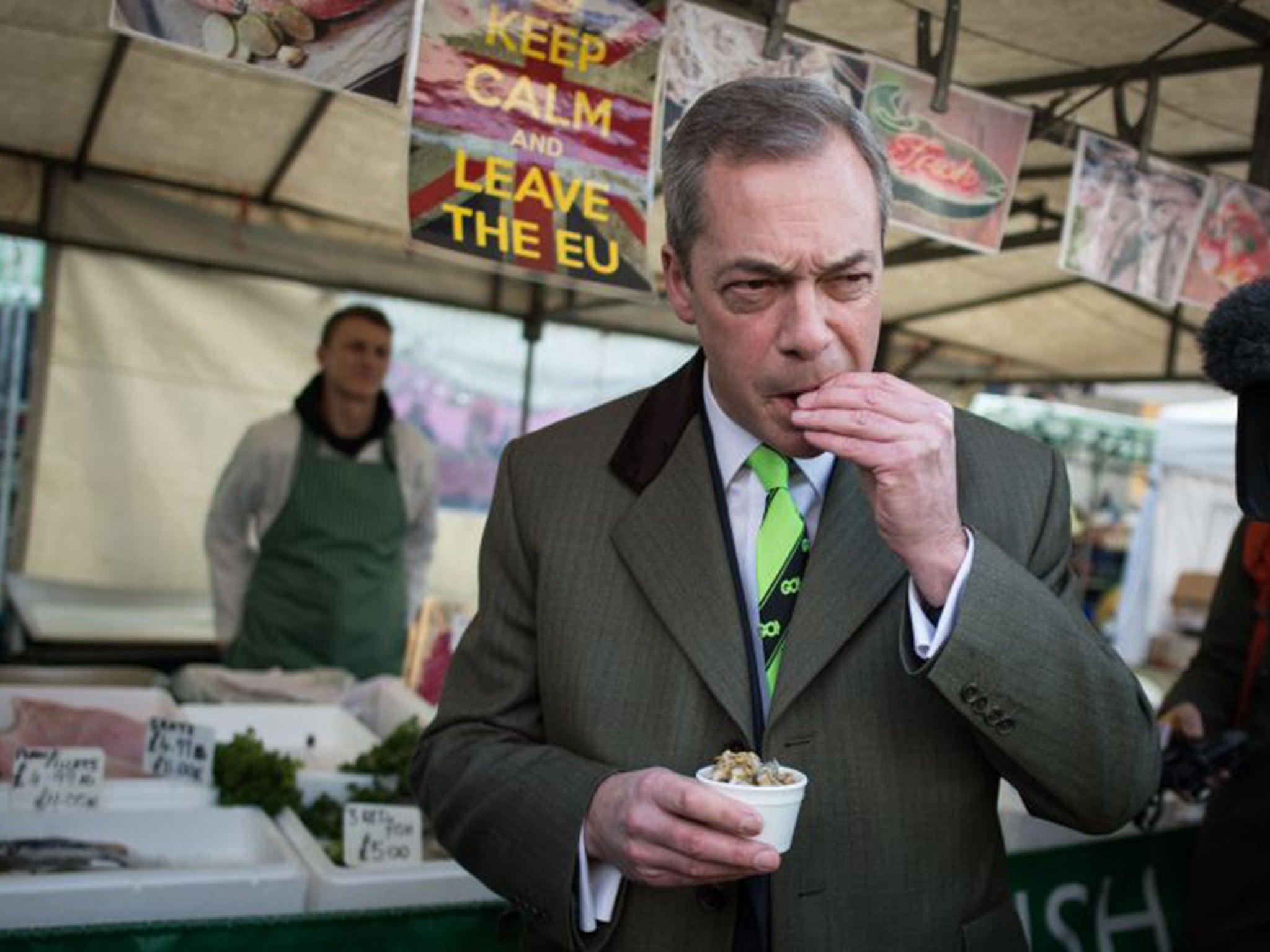EU referendum: Brexit would prompt 'regulationfest' of replacing Brussels bureaucracy, leading lawyers warn
Report claims 'misconceptions' around the effects of leaving the EU are playing 'a pivotal role' in the debate

If the UK leaves the European Union it would face a lengthy and expensive “regulationfest” as the Civil Service and private sector scrambled to set up vastly expanded bureaucracies to cope with replacing long-established trade and other legal regulations linked to Brussels, leading lawyers have warned.
A report by Lawyers IN for Britain (LIFB), which is campaigning for the UK to remain part of the EU, claims that “misconceptions” on everything from cutting red tape to the environment and access to international markets, are playing “a pivotal role” in the in-out debate.
John Davies, chair of LIFB, said the aim of the 300-page report was to bypass the “great deal of misinformation” currently dominating the EU debate.
The document’s evidence, he said, had been sourced from the UK government’s own figures, studies by the Bank of England, the UK’s Office for Budget Responsibility, and leading UK universities. Mr Davies added: “The words we hear most from those yet to make up their minds, are ‘give us the facts’. We have done that – and our conclusion is that that the UK is safer, stronger and better off in the EU.”
The LIFB analysis states that a “more informed discussion” is needed before Britain votes in June. Three former EU judges, 24 law professors, 30 QCs and 250 lawyers and academics, including partners in some of the UK’s leading firms, have concluded that the “benefits of EU membership outweigh the burdens”.
Among the lengthy list of misconceptions discussed, is the assumption that a Brexit would mean a reduction in rules, regulations and red tape. “This is the biggest misconception,” said Martin Coleman, one of the LIFB lawyers who contributed to the report. “Thousands upon thousands of new UK rules and regulations will be needed if the UK leaves. Separate international, bilateral and individual trade deals will need to be negotiated and drafted. New UK rules will still need to comply with many of the existing European rules. Far from offering a reduction in rules, the UK will be engaged in a ‘regulationfest’, needing a swollen Whitehall and an expansion in government lawyers, advisers and bureaucrats.”
Although UK lawyers would have a short-term surge in work, as the UK decouples from 40 years of legal links to Brussels, one of the report’s authors said: “It would be like doctors saying a plague was keeping them busy, but ultimately the outlook on patient numbers wouldn’t be good.”
Other misconceptions, the report says, includes the notion that the EU prevents the UK from making its own laws. The report says the UK parliament has remained sovereign, and that the “common rules” of the EU ensure UK businesses and citizens are not discriminated against.
The report also identifies confusion over the role of the European Convention on Human Rights and the European Council, which would not be altered by Brexit.
On the notion that Brussels limits the reach of London’s City markets, and that freeing the UK from the EU would increase Britain’s international trade influence, the report says a minimum of 50 EU trade agreements with other countries would need immediate renegotiation.
Join our commenting forum
Join thought-provoking conversations, follow other Independent readers and see their replies
Comments
Bookmark popover
Removed from bookmarks